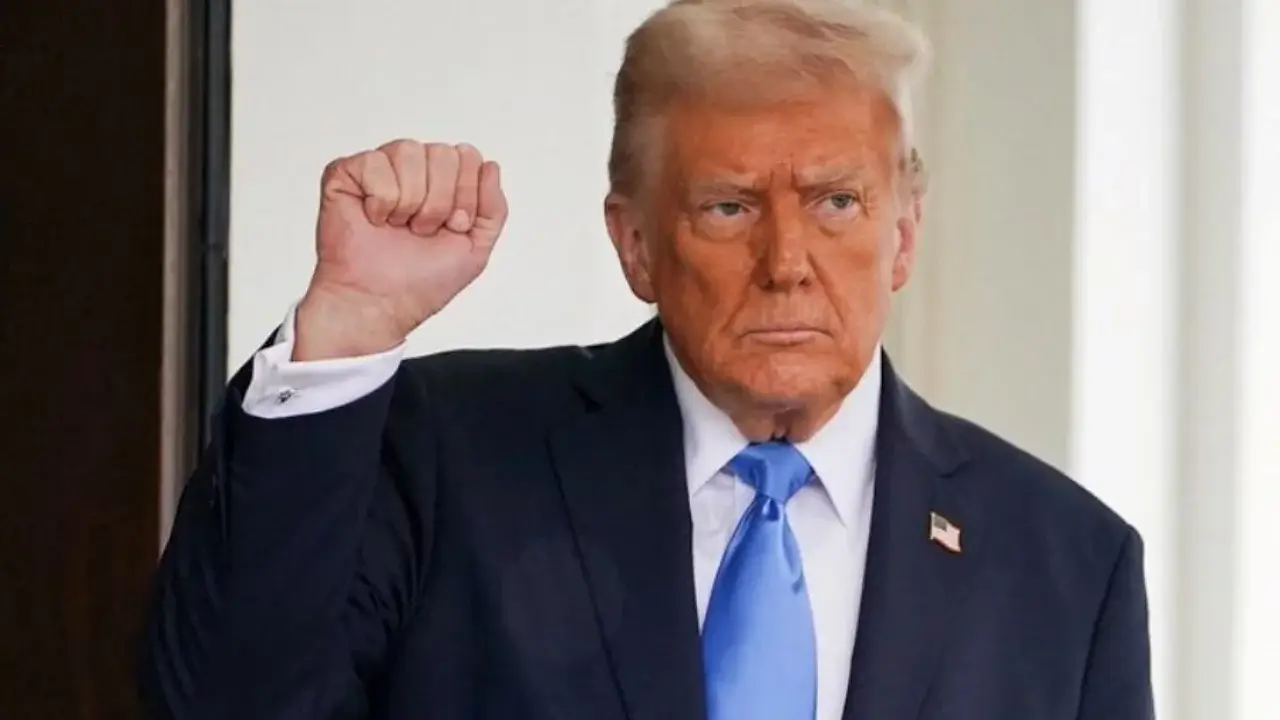Court temporarily halts Trump administration’s sanctions against Harvard

The topic of education and freedom of speech has once again become pressing in the United States. A federal court in Boston has temporarily suspended the enforcement of President Donald Trump’s administration’s decision against Harvard University. Judge Allison Burroughs announced the ruling.
Ban and political motives
Previously, the White House accused Harvard’s administration of “promoting violence and anti-Semitism” and issued a directive banning the admission of foreign students to the university. In addition, Harvard was stripped of $2.2 billion in federal grant funding.
Harvard called these actions political revenge. The university’s leadership stated that these measures were taken because they refused to comply with political demands.
Federal court eliminates the threat
Judge Allison Burroughs explained her ruling by stating that “the ban would cause irreparable harm to the university.” According to her, such restrictions violate the academic freedom and freedom of speech guaranteed by the U.S. Constitution. On this basis, the court temporarily blocked the implementation of the ban.
Currently, the university has filed an official lawsuit against the U.S. government, and the legal proceedings are ongoing.
Botir Qobilov: “This is not just about a university, but about values”
Botir Qobilov, an Uzbek-born holder of a PhD in Economics from Harvard, commented on the situation, calling the Trump administration’s actions “an attack on science and academic independence.”
According to him, this issue is not only about one university, but about an assault on freedom of expression, independent institutions, and the core values that make the U.S. a global center for science.
Pro-Palestine students under scrutiny
Over the past year, students at Harvard and other U.S. universities who expressed solidarity with Palestine have come under increased scrutiny. They demanded the establishment of a Palestinian state, an end to the violence in Gaza, and that Washington stop its one-sided support of Israel.
The Trump administration considered these actions to be anti-Semitic and a threat to national security. As a result, many active students had their visas revoked, and some were even arrested. Lawyers argue that these actions violate the freedoms of speech, thought, and peaceful protest guaranteed by the Constitution.
In conclusion, the current conflict in U.S. education highlights broader concerns beyond Harvard — about how freedom of speech and academic independence are being treated in a democratic society. With the court’s decision, the struggle is expected to enter a new phase. The public continues to follow developments with great interest. Read “Zamin” on Telegram!
Ctrl
Enter
Found a mistake?
Select the phrase and press Ctrl+Enter 





















